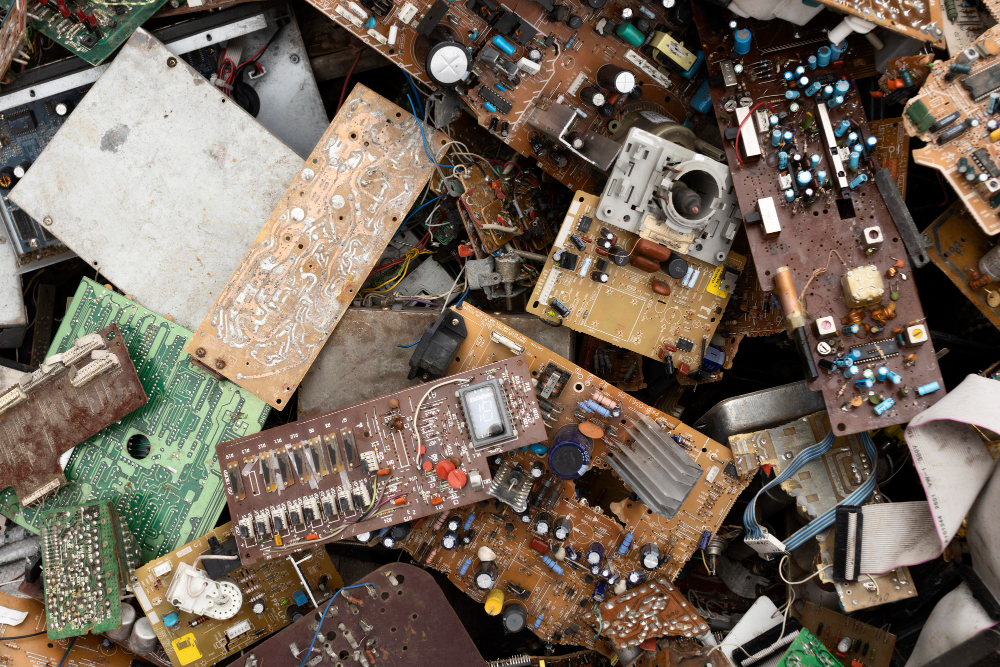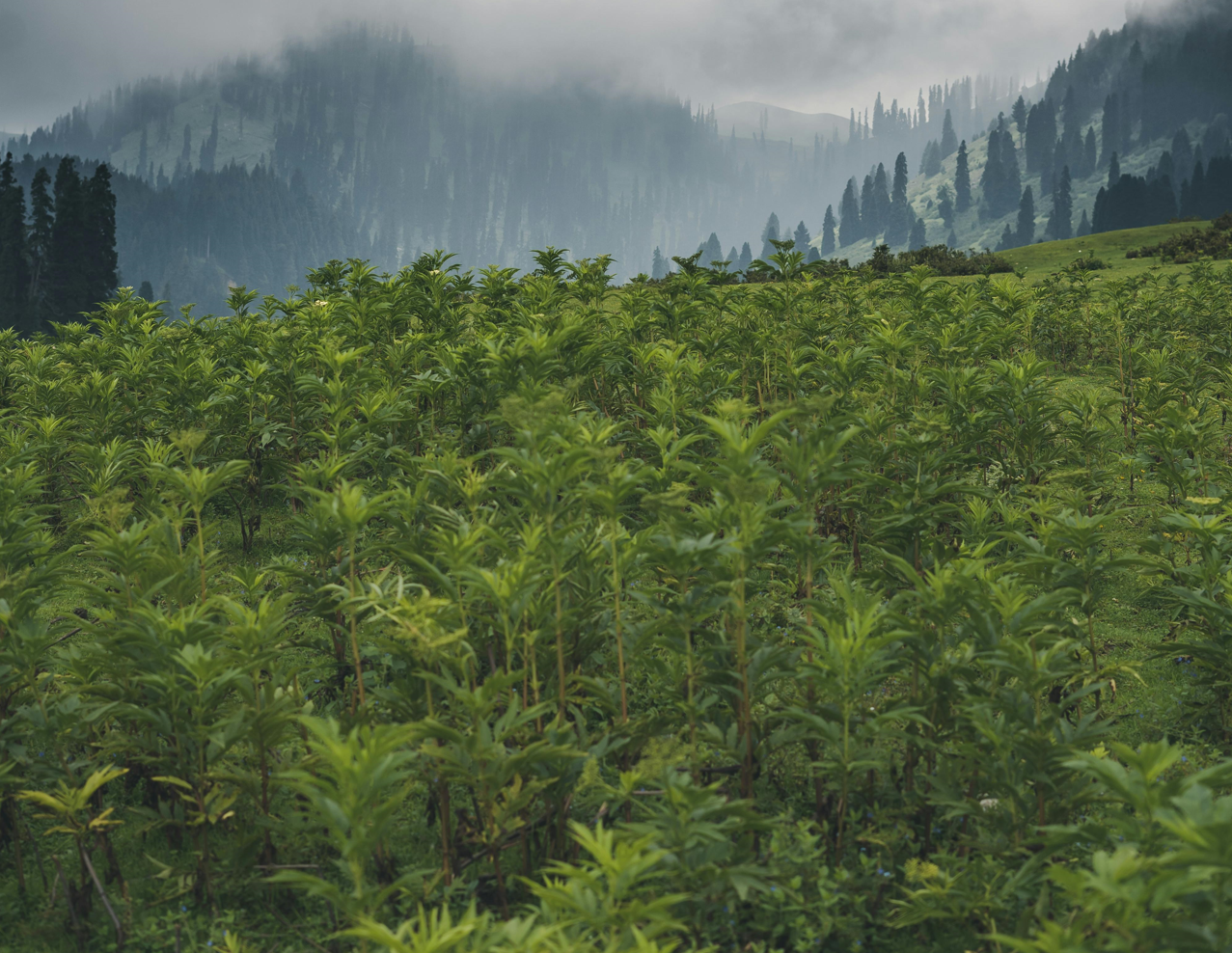WETLANDS: The underrated treasure of our planet.

A wetland is a land area that is either covered with water or saturated with it. Wetlands come in all shapes and sizes and are usually a transition zone, as they cannot be classified as exclusively water or exclusively dried land. They are formed when either water bodies overflow, saturating the soil, or by precipitation
Wetlands have an important role in our planet. Not only do around 40% of animals and plants need wetlands to survive, but wetlands also have other important functions when it comes to human safety, from flood protection to reducing the content of metals and nitrogen in water to improve its quality; even to obtain medicines that are derived from the soil and plants found in these ecosystems; wetlands play a silent but deeply important role in our day to day life, but their importance doesn´t end there, these ecosystems can absorb carbon, meaning they are a great ally when it comes to fighting climate change, as they can even lead to temperature reduction by up to 10 degrees Celsius.
In previous times wetlands were seen as unproductive land by farmers, which is why many were wiped out to grow crops, make them into urban areas, or make them into flooded fields. It is estimated that the amount of wetlands lost around the world adds up to about the size of India. Sadly this issue is still present today, even with agreements such as the RAMSAR convention. This convention signed by 170 countries, establishes a guideline for conservation and the wise use of wetlands. However, it doesn´t end there, wetlands are being threatened by our actions every day, for example, planting non-native species leads to changes in the ecosystem followed by variations in the species that live there. Another threat is pollution from chemicals that come from factories, as well as fertilizers and pesticides from farms.
Protecting our wetlands is a duty we should all take part in, which is why we should get involved in good practices, like planting native species to avoid using chemicals, supervising our pets so they are not carriers of pests, buying organic and seasonal products, and as well as reducing our water consumption as well as decreasing and recycling our waste.
Related Articles

The cost of technology: What e-waste is doing to our planet
We use electronic devices every day and consider them an important tool for communication and entertainment: but, where do they go to die?


